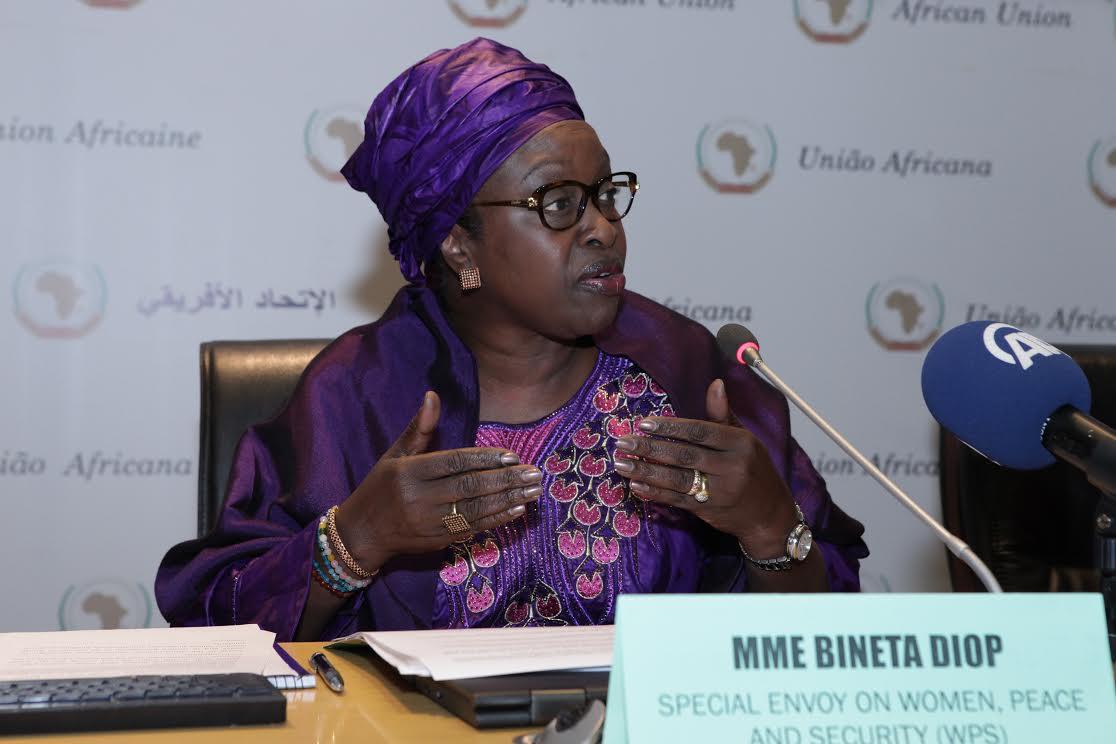The pandemic has reversed decades of progress in closing the gender divide
By Mme Bineta Diop
With the COVID-19 pandemic still raging across the world, a few affluent nations have got transmission under control, and we are beginning to dream of better days. However economic recovery will be pointless, if it does not mean a better life for everyone. Fundamental to achieving this is maternal health.
Women have borne the brunt of the pandemic and the economic downturn caused by the spread of the virus and measures to combat it. The pandemic has reversed decades of progress in closing the gender divide.
The UN Women From Insights To Action report estimates that by 2030, the global gender poverty gap for ages 25 to 34 will worsen from 118 women in poverty for every 100 men, to 121 women per 100.

One of the most damaging impacts of the pandemic and the lockdown has been that it is reversing the incremental progress towards gender equality by forcing women back into domestic caring and unpaid gender roles such as cleaning, cooking and childcare.
Read also DPO Group Enables USSD Payment Option in Nigeria
A survey reported in From Insights To Action during the pandemic, found that 44% of men said they never had to do cleaning in their household. For women, the number was only 6%.
Domestic violence has increased as the virus has spread. In addition, early evidence indicates that COVID-19 has worsened maternal mortality, with some estimates as high as 56 700 additional maternal deaths.
There are intersectional impacts too. UN Women reports that in Brazil, for example, the maternal death rate due to COVID-19 is twice as high among black women as white women. In Azerbaijan and Turkey, 60% of women had trouble accessing gynaecological and obstetric care as a result of COVID-19.
The pandemic has set back women’s empowerment and gender rights. But it is also making it more dangerous for women to be pregnant and to give birth. A study in The Lancet (https://bit.ly/39WNoYl) found significant increases in stillbirth, ectopic pregnancies and maternal death since the onset of the pandemic.
We cannot allow the pandemic to take us back to a time where women’s lives were at risk every time they fell pregnant.
Maternal health is fundamental to human progress. We need a world where women can experience a healthy pregnancy, where they can give birth without risking their lives, and then go on to contribute fully to the betterment of society.
Fortunately, there are organisations working to build this crucial social foundation, by forming partnerships, and investing in training, infrastructure and creating new maternal health systems.
Addressing the inequalities that impact maternal health is essential if we are to come back from the pandemic better and stronger, with a society that provides opportunities for all. After all, improving the quality of life for more people is the very definition of progress.
Read also : Viva Technology and IFC Reveal Top 45 Most Innovative Startups In Africa
I am proud to also be part of this movement. We can all inform ourselves, then spread the word about maternal health and how it can help us build a better world after the pandemic – a world where no woman has to die while giving life.
Mme Bineta Diop, African Union Special Envoy on Women Peace and Security
Kelechi Deca

Kelechi Deca has over two decades of media experience, he has traveled to over 77 countries reporting on multilateral development institutions, international business, trade, travels, culture, and diplomacy. He is also a petrol head with in-depth knowledge of automobiles and the auto industry

